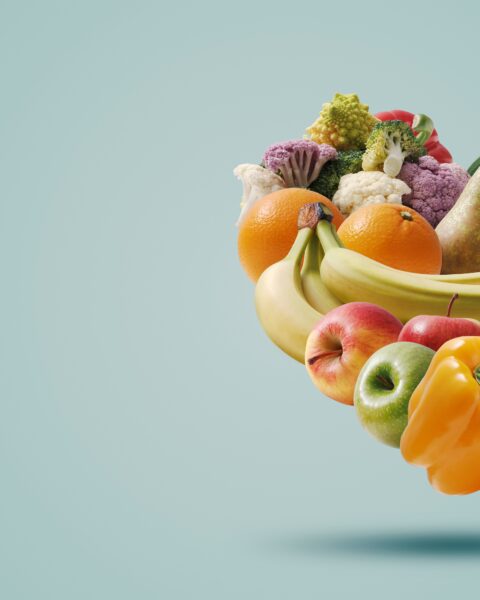In uncertain times, it’s always a good idea to be prepared for emergencies. That’s why many people choose to create a secret prepper pantry stocked with essential foods and supplies. These pantries are designed to be hidden away and contain items that can be used in case of disaster or other unexpected events. In this article, we’ll explore 10 foods to keep in a secret prepper pantry. From long-lasting staples to nutrient-dense superfoods, these items are essential for anyone looking to be prepared for the worst. So whether you’re a seasoned prepper or just starting to think about emergency preparedness, read on to discover the top 10 foods to keep in your secret prepper pantry.
Contents
Rice:
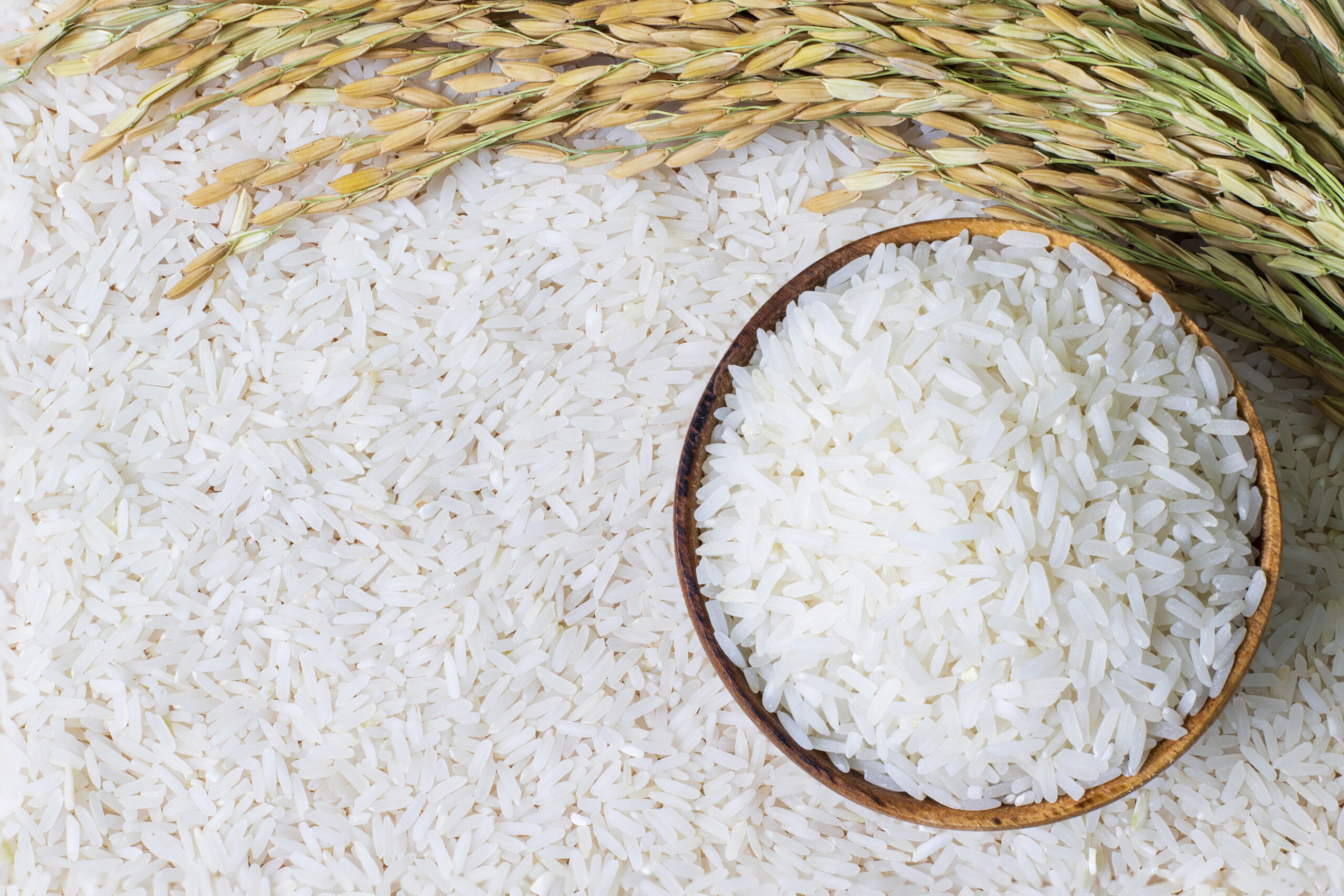
A staple food for over half the world’s population, rice provides essential energy through carbohydrates. When stored properly in a cool, dry place and sealed in airtight containers, white rice can last for years. Its long shelf life and ability to complement various dishes make it a crucial addition to any prepper’s pantry.
Beans and Lentils:
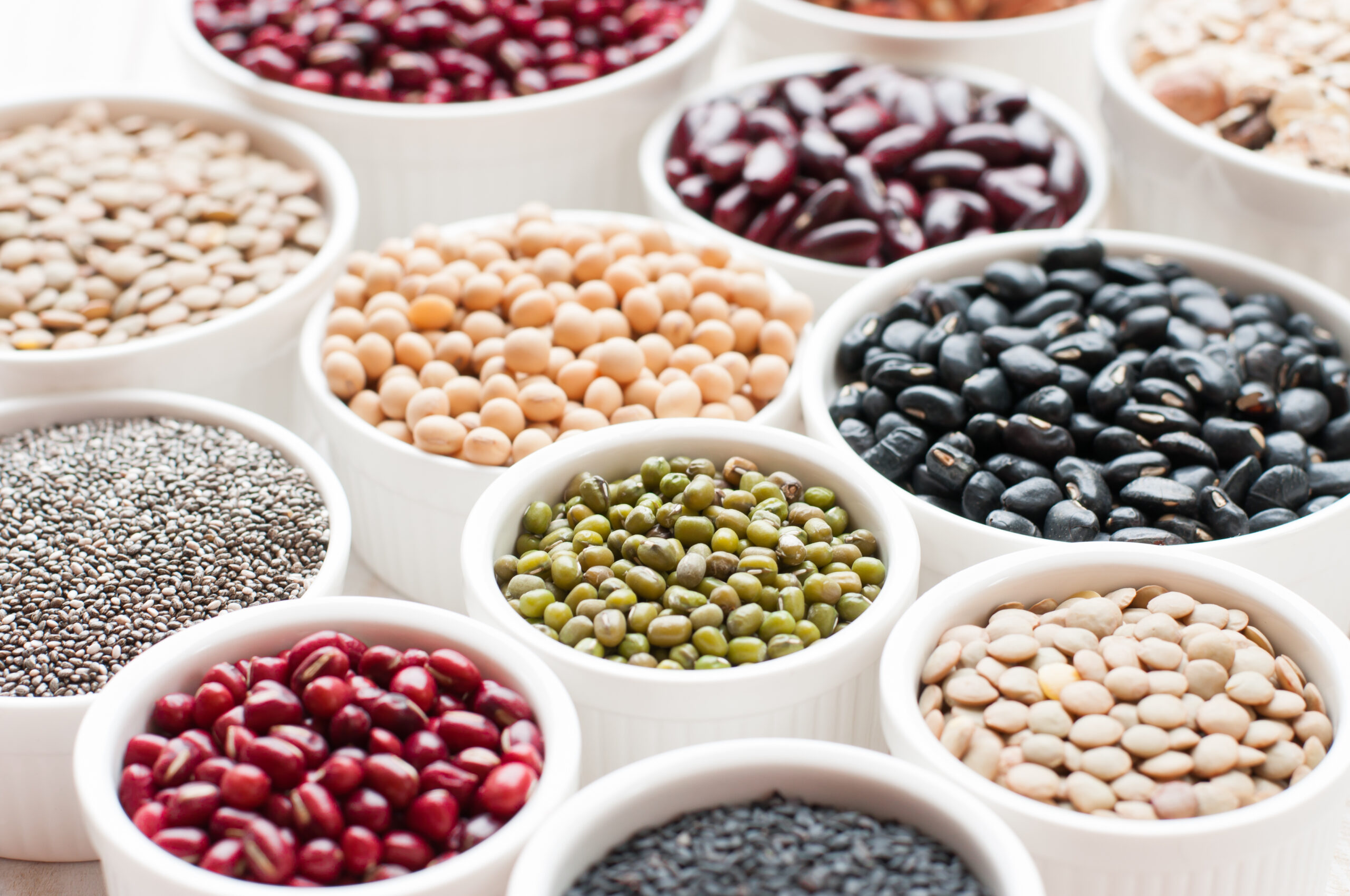
These are protein-rich foods that also offer dietary fiber and various minerals. Dry beans and lentils can be stored for long periods, and when combined with rice, provide all essential amino acids, making for a complete protein source.
Honey:
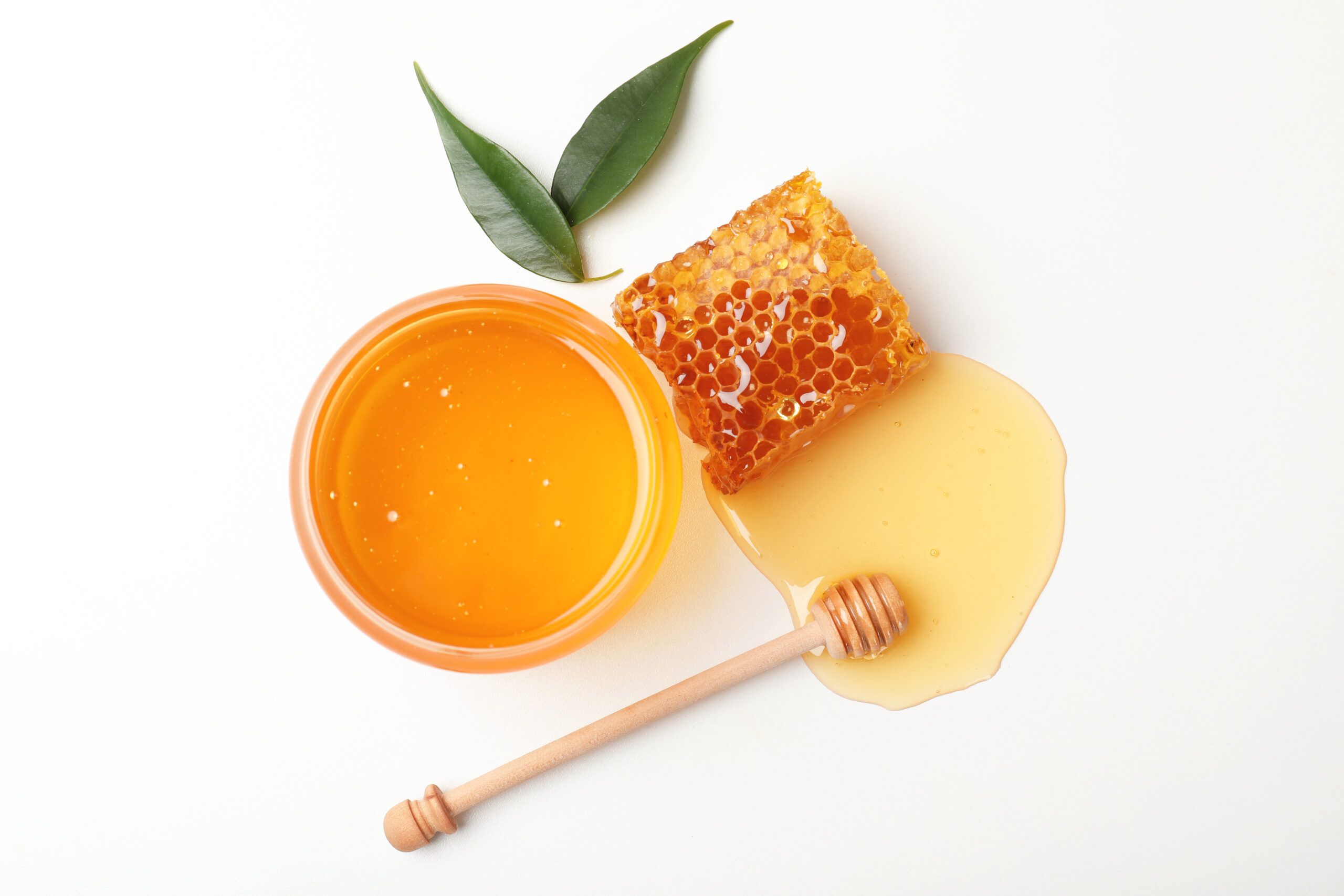
Renowned for its longevity, honey can remain edible for decades. It’s a natural sweetener, has antimicrobial properties, and can be used both for consumption and wound treatment, making it a multifunctional product for emergencies.
Powdered Milk:
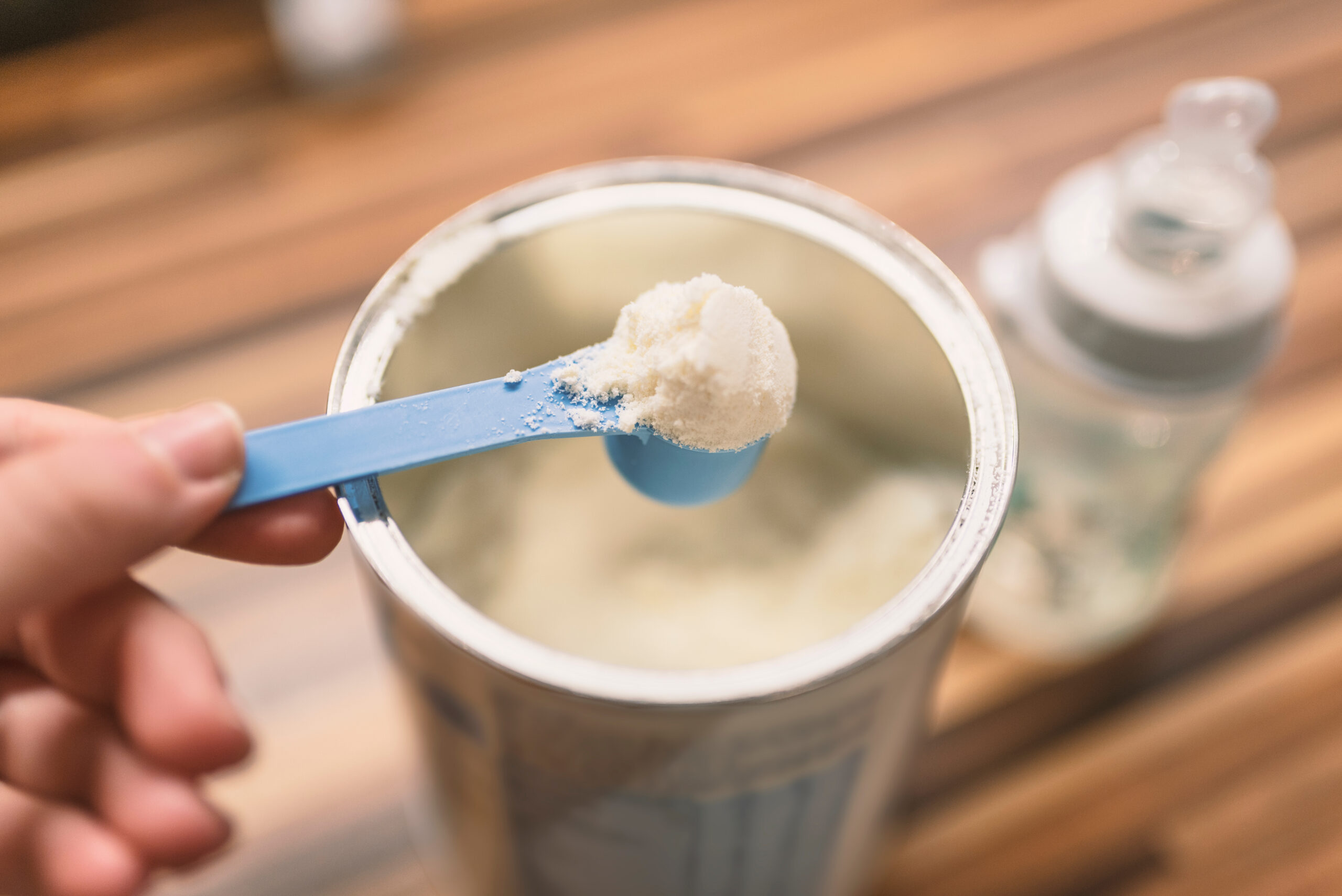
Fresh milk might spoil, but powdered milk can stay good for years when stored correctly. It offers essential nutrients like calcium and vitamin D and can be used in cooking or reconstituted to drink.
Canned Vegetables and Fruits:
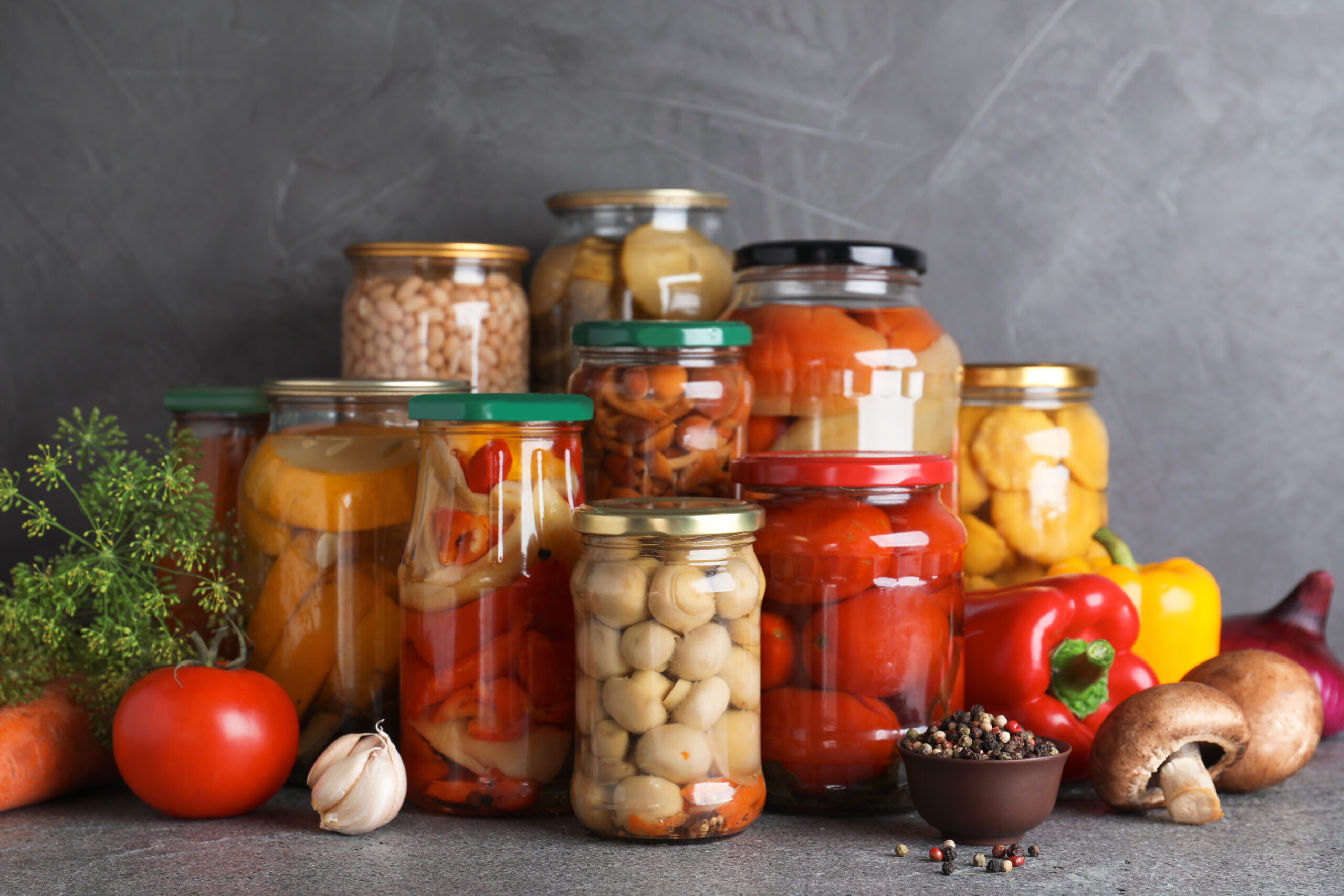
Canning is a preservation method that allows fruits and vegetables to maintain their nutritional value for extended periods. These can provide vital vitamins and minerals during times when fresh produce is unavailable.
Canned Meats:
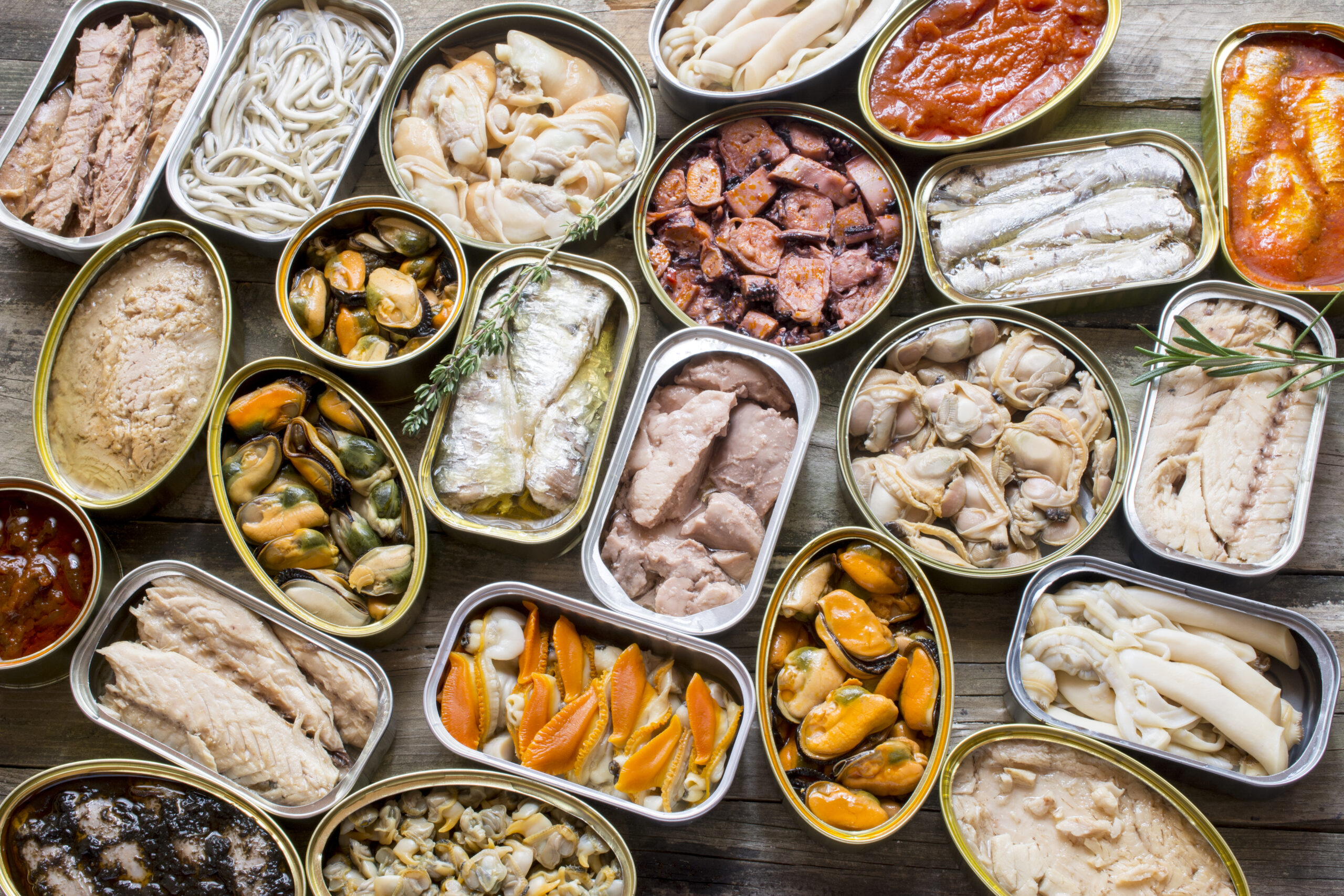
Tuna, chicken, and even beef can be canned and stored for prolonged periods. These offer protein and essential fatty acids, helping to maintain muscle mass and energy during emergencies.
Salt:
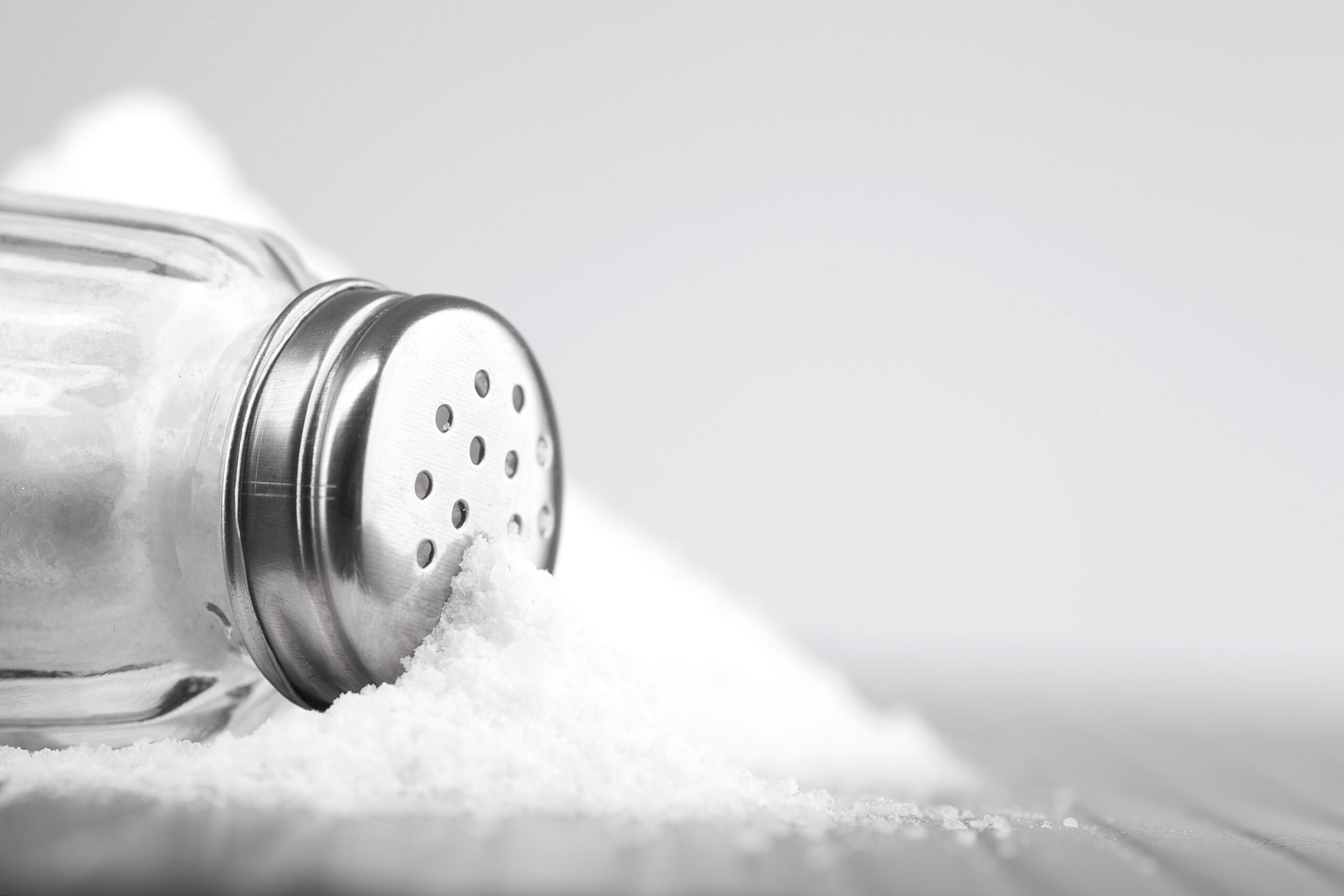
Beyond its seasoning capabilities, salt is essential for preserving foods and even making DIY saline solutions. Its indefinite shelf life and multifunctional uses make it a must-have.
Coconut Oil:
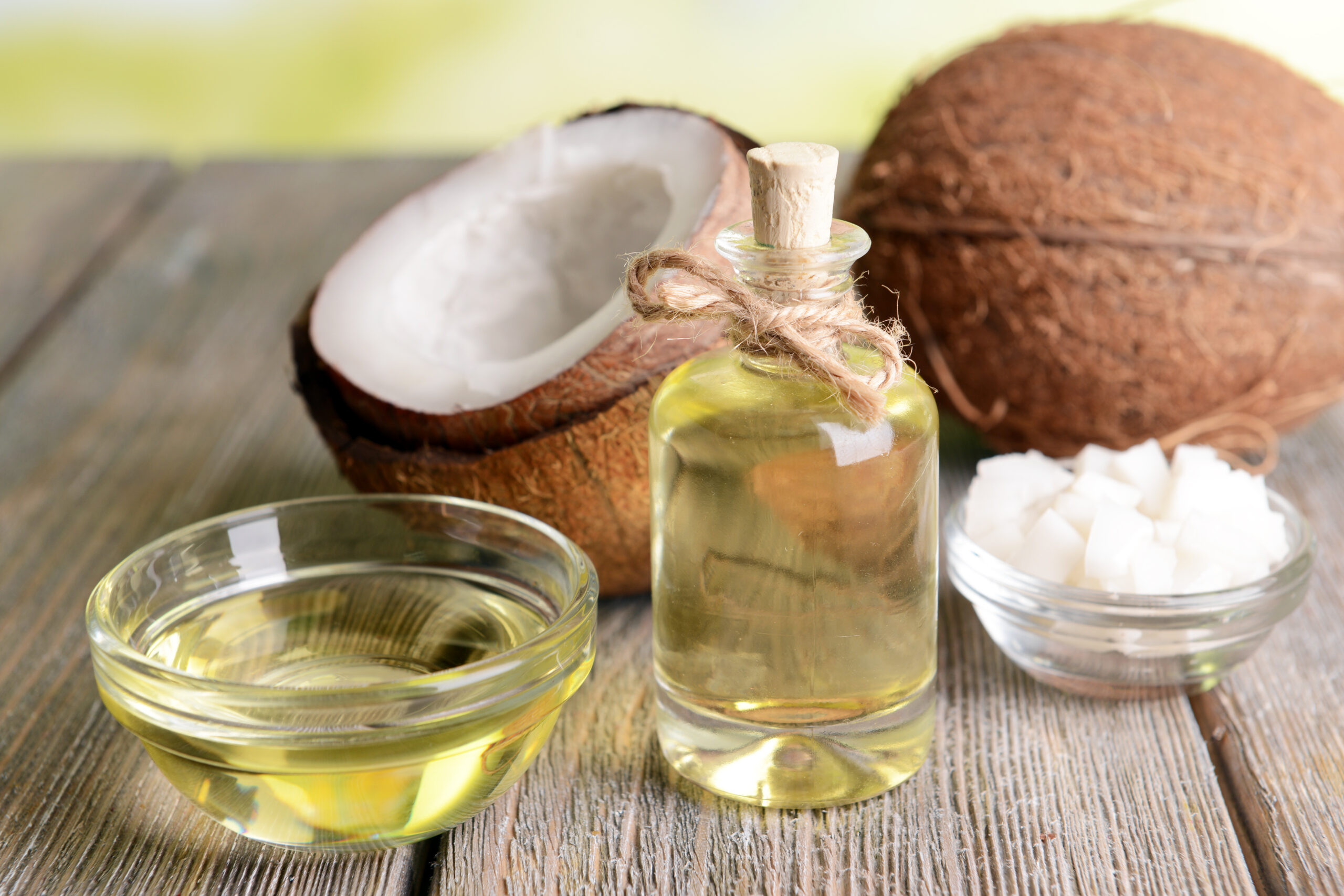
This oil has a longer shelf life than most other oils and can be used for cooking, baking, and even as a skin moisturizer. Its versatility and durability make it an excellent choice for long-term storage.
Quinoa:
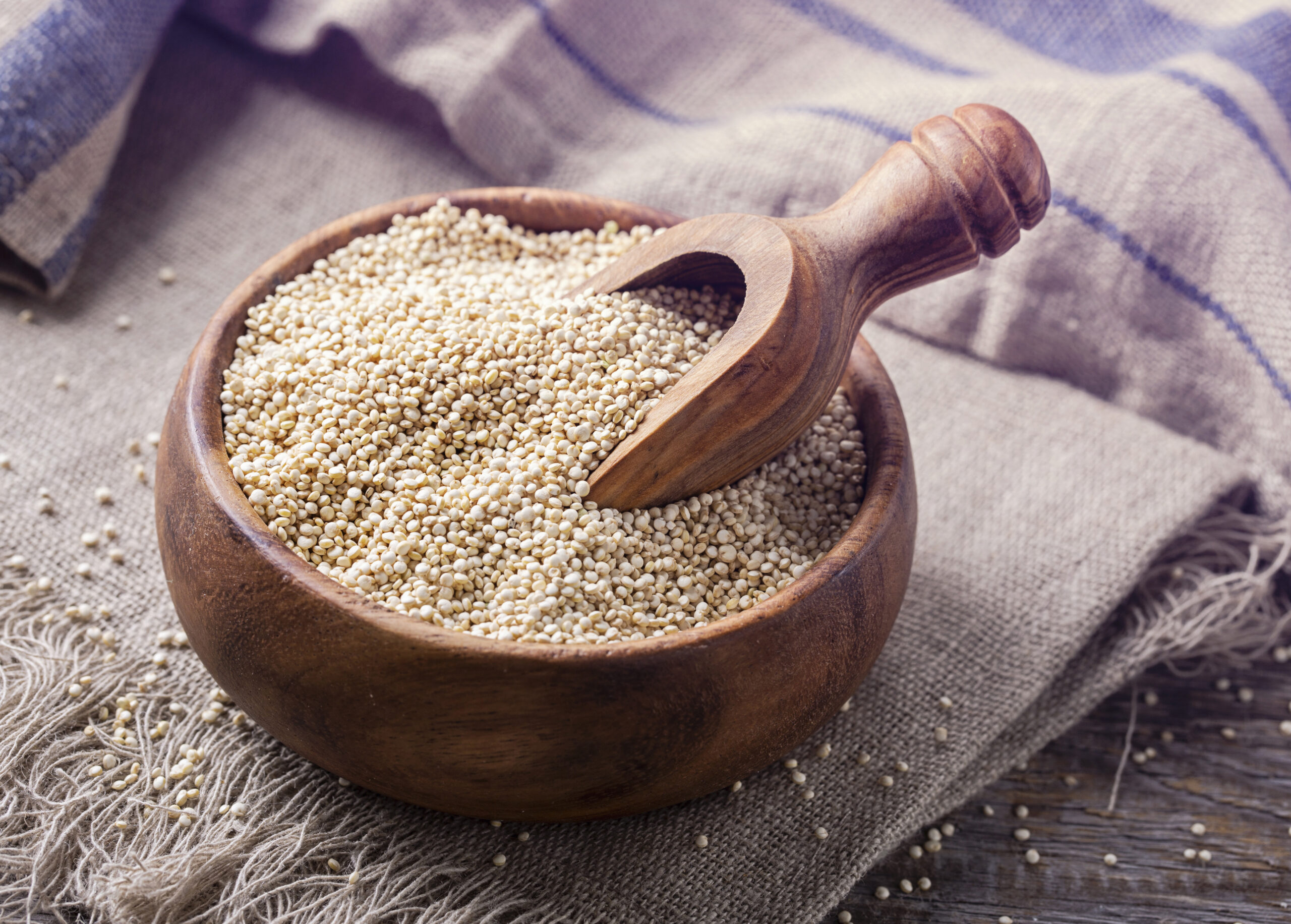
This grain is a complete protein, meaning it contains all nine essential amino acids. It’s also gluten-free and rich in dietary fiber. Its adaptability in recipes and health benefits make it a valuable asset in a prepper pantry.
Seeds for Sprouting:
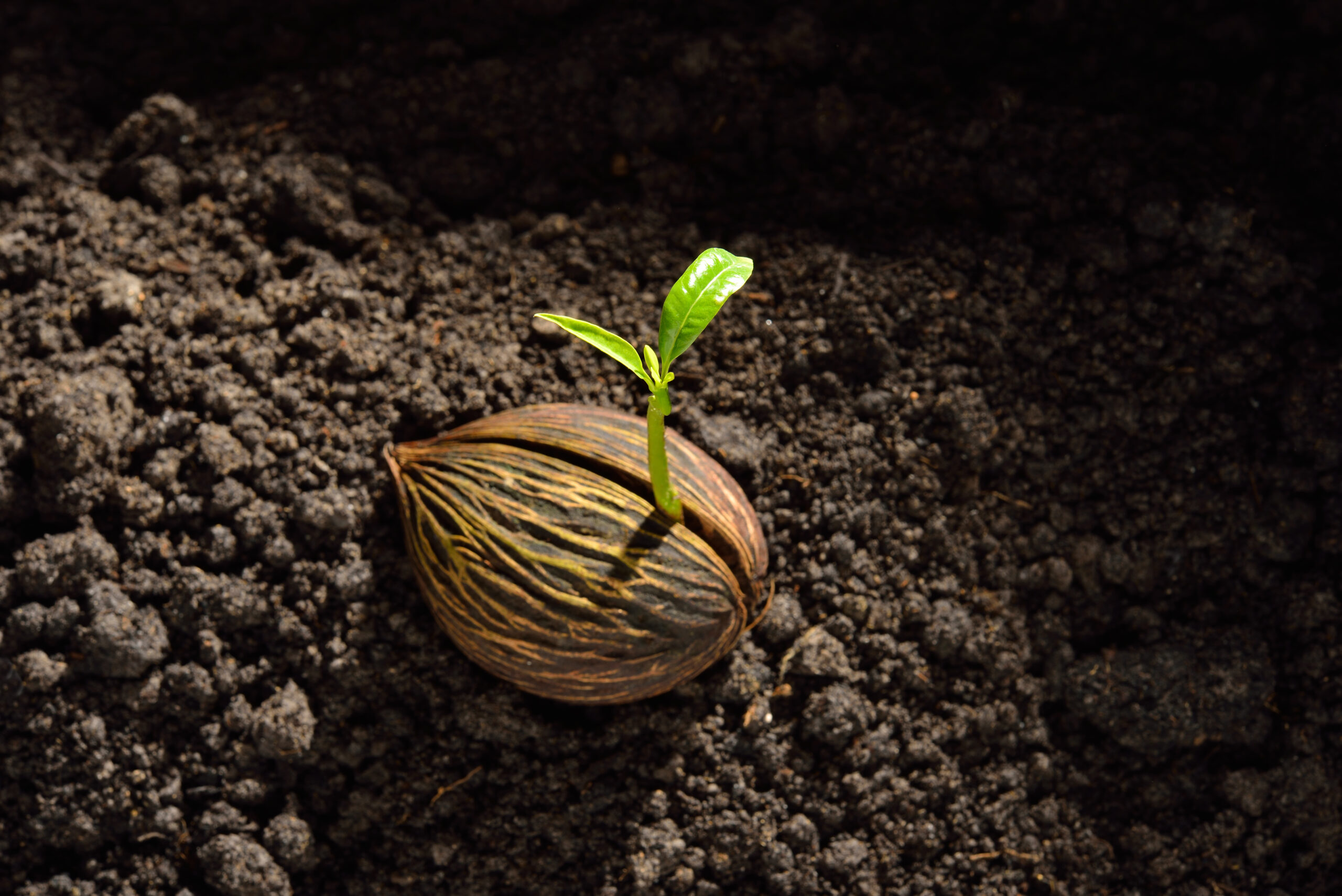
Even in challenging conditions, having seeds like alfalfa or mung beans can allow you to grow fresh, nutrient-dense sprouts in just a few days. These can offer essential vitamins and a source of fresh food when other options might be limited.
More from AisleOfShame
The Endless Feast: 10 Foods That Never Expire
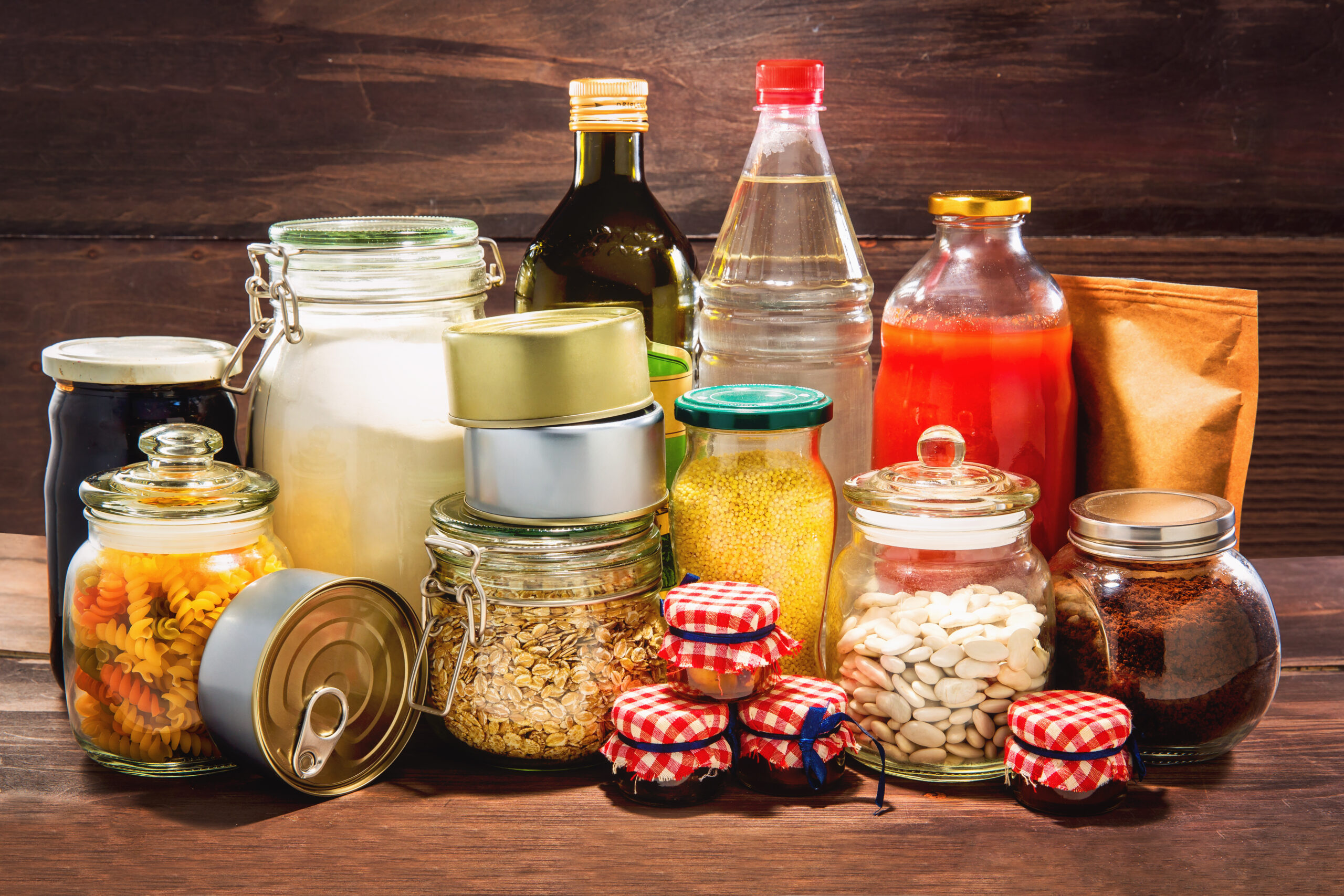
When it comes to stocking up on food for emergencies or long-term storage, it’s important to choose items that will last.Read more.
Avoid These 10 Breakfast Foods for a Healthier Start

By making smarter choices and avoiding these foods, you can set yourself up for a healthier, more energized day. Read more.
Simplify Your Cooking: 10 Slow-Cooker Recipes That Are Almost Effortless
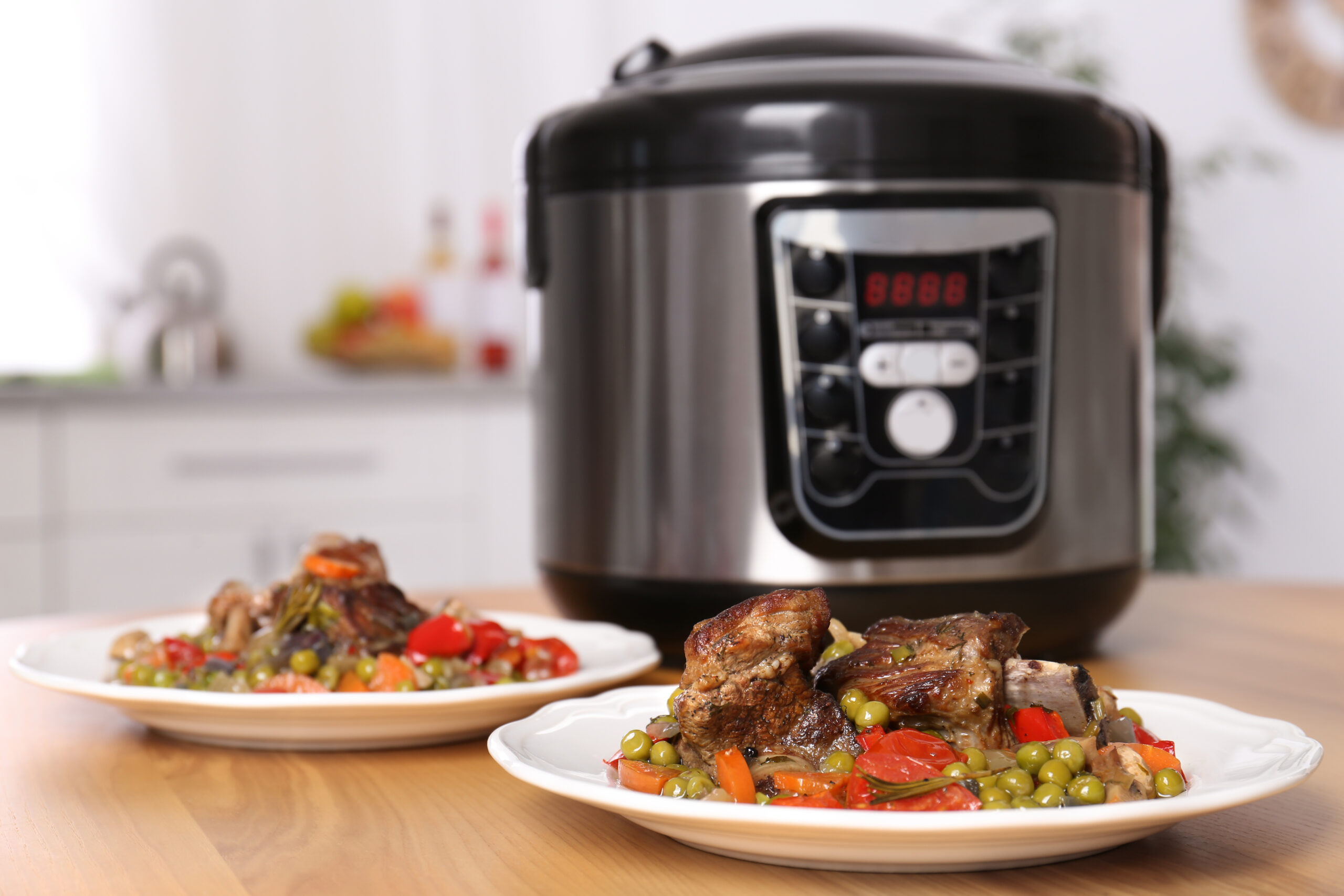
From hearty stews to tender meats, these recipes are easy to make and require minimal cleanup. So sit back, relax, and let your slow-cooker do the work for you. Read more




